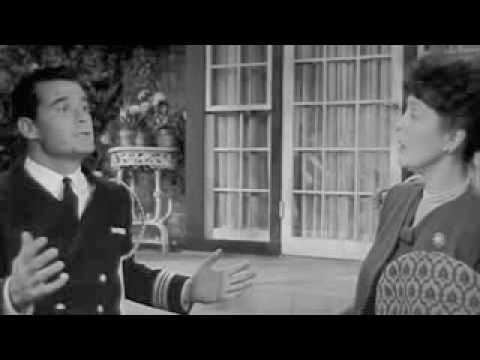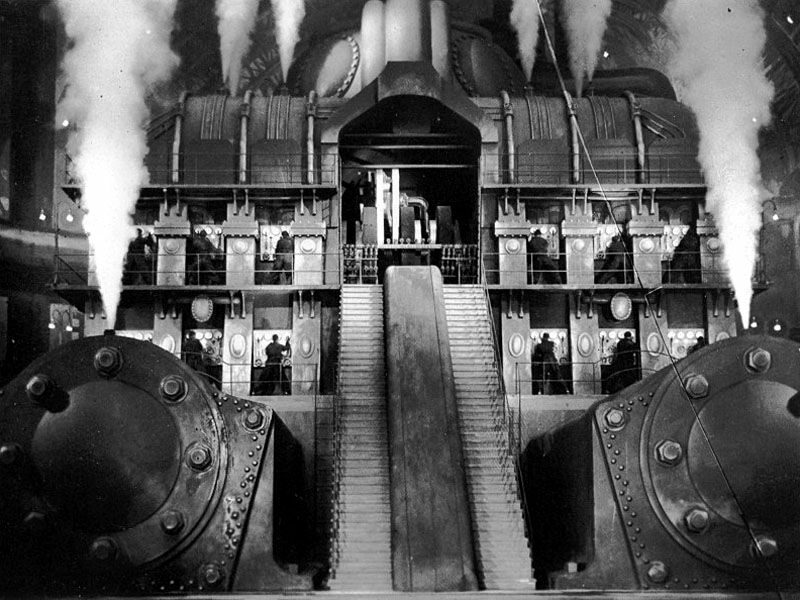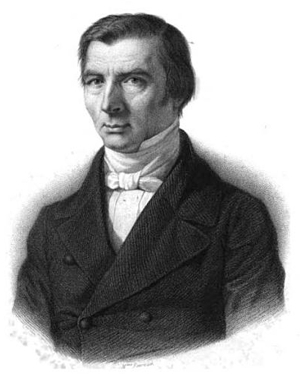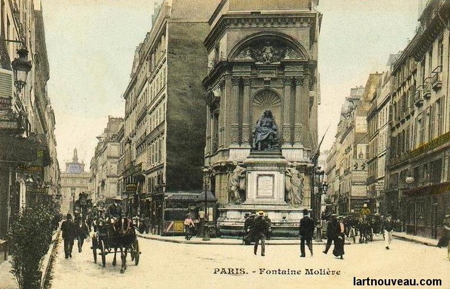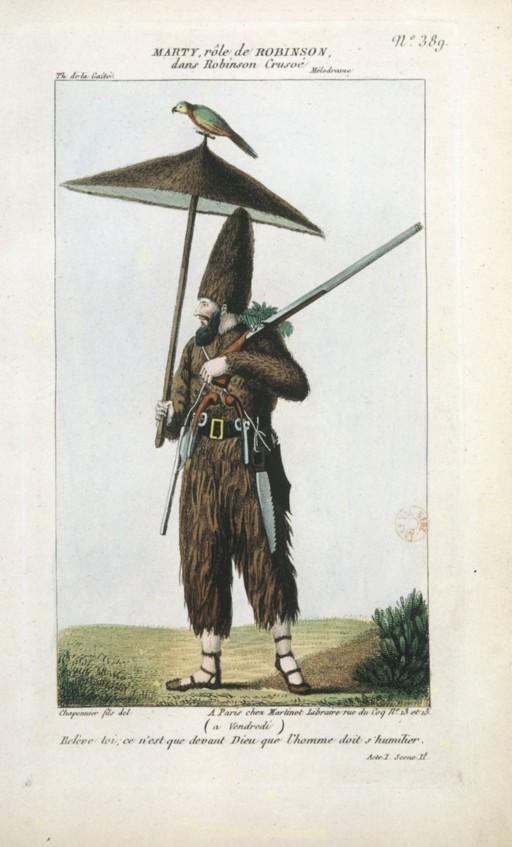IHS Advanced Studies Summer Seminar, “Liberty & Scholarship: Challenges and Critiques” Bryn Mawr College, Philadelphia, PA.
Date: 13-19 June, 2015
Lectures on:
- “The Classical Liberal Tradition – A History of Ideas and Movements over 400 Years” – two lectures
- “Images of Liberty and Power: State Propaganda and its Subversion”
- “Competing Visions of the Future: Socialist and Classical Liberal”
Lecture 2. “Images of Liberty and Power: State Propaganda and its Subversion”
(Arthur Hiller, “The Americanization of Emily” (1964))

